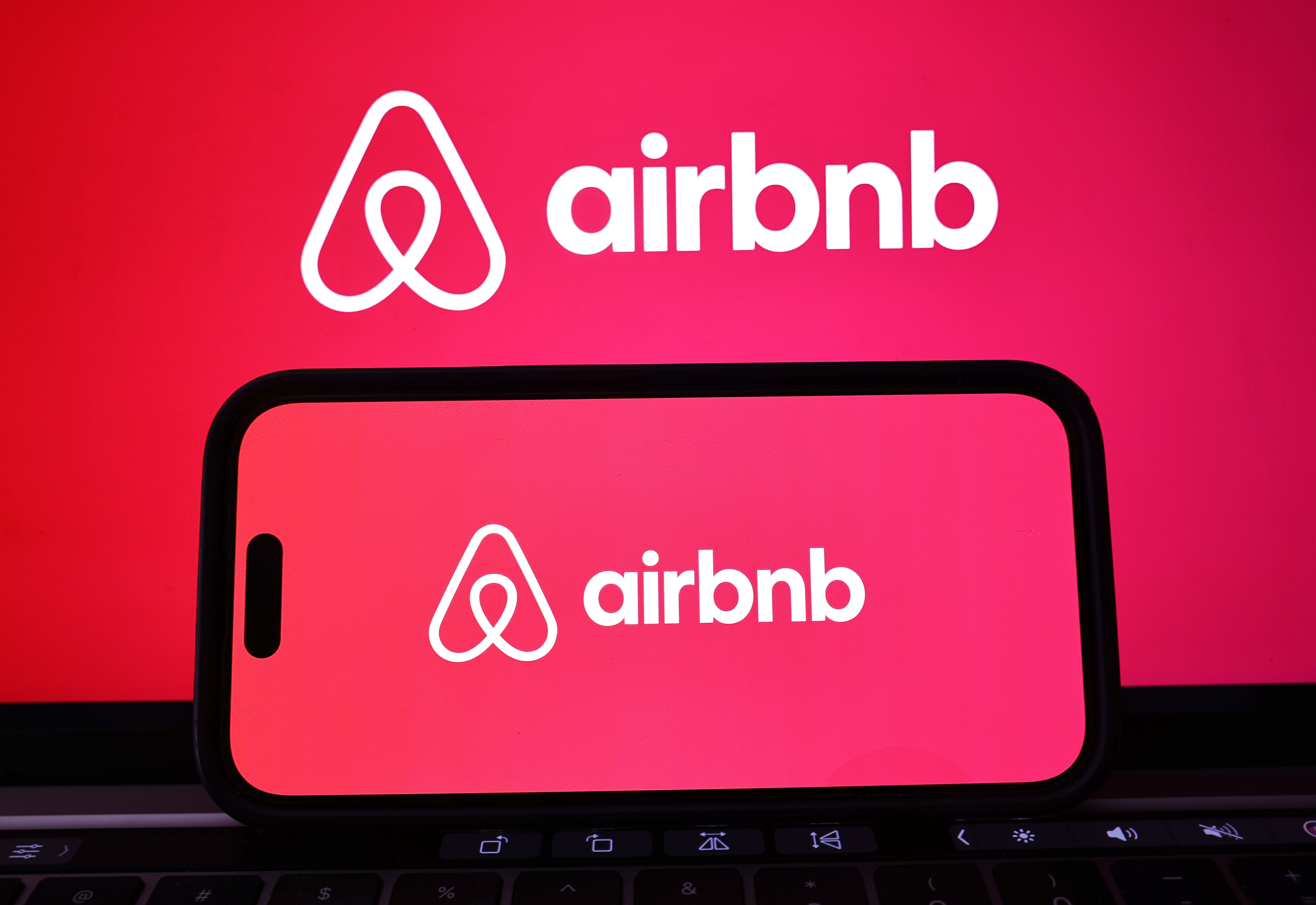Anyone thinking of throwing a blow out Memorial Day bash at an Airbnb this year should reconsider — the rental company is watching.
On Monday, Airbnb issued a statement warning vacationers staying in rentals that explicitly prohibit large gatherings not to push their luck.
The company explained that its current system was designed to block what it considers high-risk bookings that are reportedly more likely to result in disruptive house parties. That system will be in use for Memorial Day and Fourth of July bookings this year, and has been in use for holidays since 2021.
The company identifies these alleged high-risk booking by examining factors like a guest’s length of stay, the proximity of the booking to a guest’s home, and whether or not the reservation was made last minute.
If enough red flags are triggered during the booking process, Airbnb either blocks the booking or redirects a guest to what it considers lower-risk alternatives. Those tend to be hotel rooms or private rooms in shared homes.
“Our anti-party technology is designed to help identify and prevent certain attempts to book one-to-two-night stays in entire home listings that could be higher risk for a disruptive party,” Airbnb said in its announcement.

According to the company, its anti-party system blocked approximately 51,000 bookings nationwide. Texas, Florida, and California had the most bookings cancelled by the anti-party screening. According to Airbnb, 7,750 people in Texas, 7,400 people in Florida, and 7,030 people in California were blocked from booking due to party concerns.
“This technology is part of a broader set of tools and policies Airbnb deploys to promote responsible travel and help hosts safeguard their spaces, especially during moments when demand is higher and the potential for disruption can increase,” the company said in a statement.
Since Airbnb started banning big parties in 2020, incidents stemming from party chaos at U.S. Airbnbs has decreased more than 50 percent. Last year, only 0.6 percent of the company’s reservations had any incident of party-related disruptions.
In 2020 the company created a rule limiting the number of occupants in a rental to 16, but the company said that was more a result of the Covid-19 pandemic and less an anti-partying measure. It said in a statement that it plans to lift the occupancy cap this year.
Airbnb doesn’t just screen for parties during booking. The company also offers to outfit its hosts with privacy-compliant noise sensors, and has established a 24 hour safety line and a Neighborhood Support Line to neighbors to call if they suspect a party is happening.
Airbnb’s anti-party policies aren’t just intended to keep guests in line, but hosts as well.
According to its policies, Airbnb hosts “may not authorize a gathering that violates” its disruptive gatherings policy, meaning that as long as a homeowner is renting out their home as an Airbnb, they are under Airbnb’s rules.
Anyone violating Airbnb’s rules will be subject to removal from the platform.
“The policy will continue to include serious consequences for guests who attempt to violate these rules, varying from account suspension to full removal from the platform. In 2021, over 6,600 guests were suspended from Airbnb for attempting to violate our party ban,” the company said.





